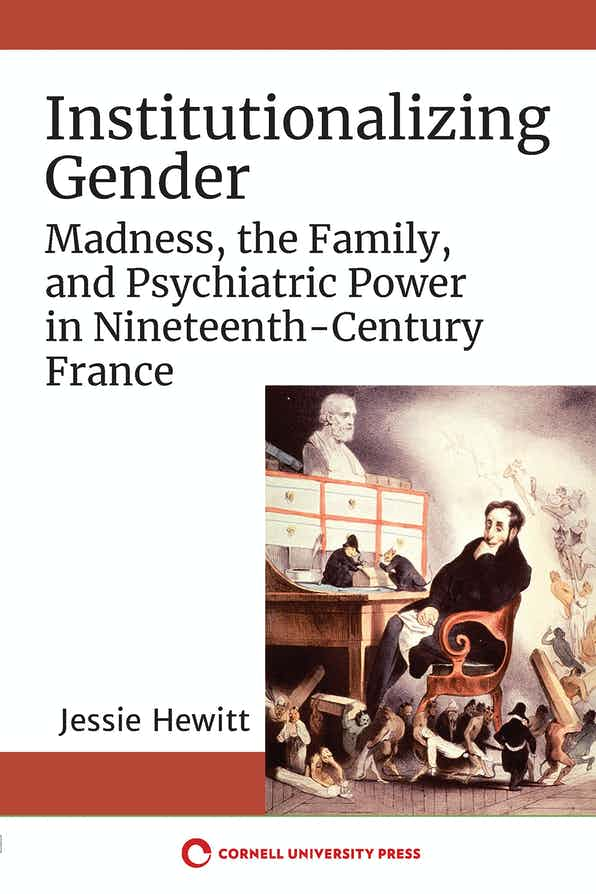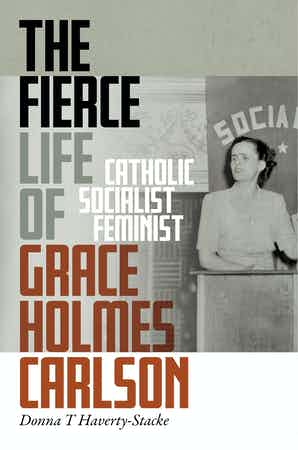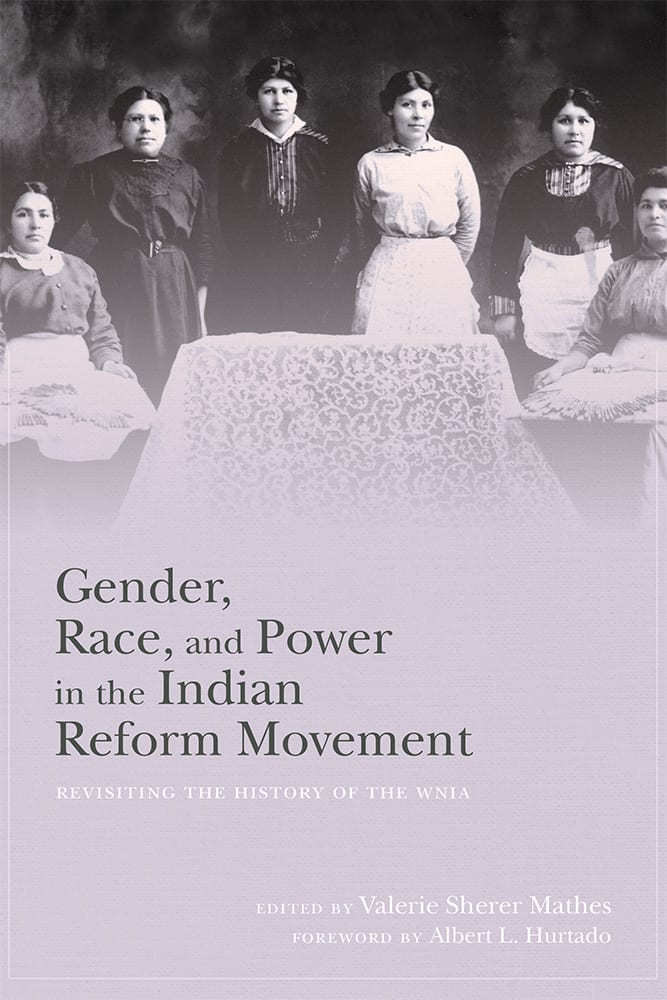
Eating disorders during the Edo period between 1603 and 1867 in Japan

news, new scholarship & more from around the world

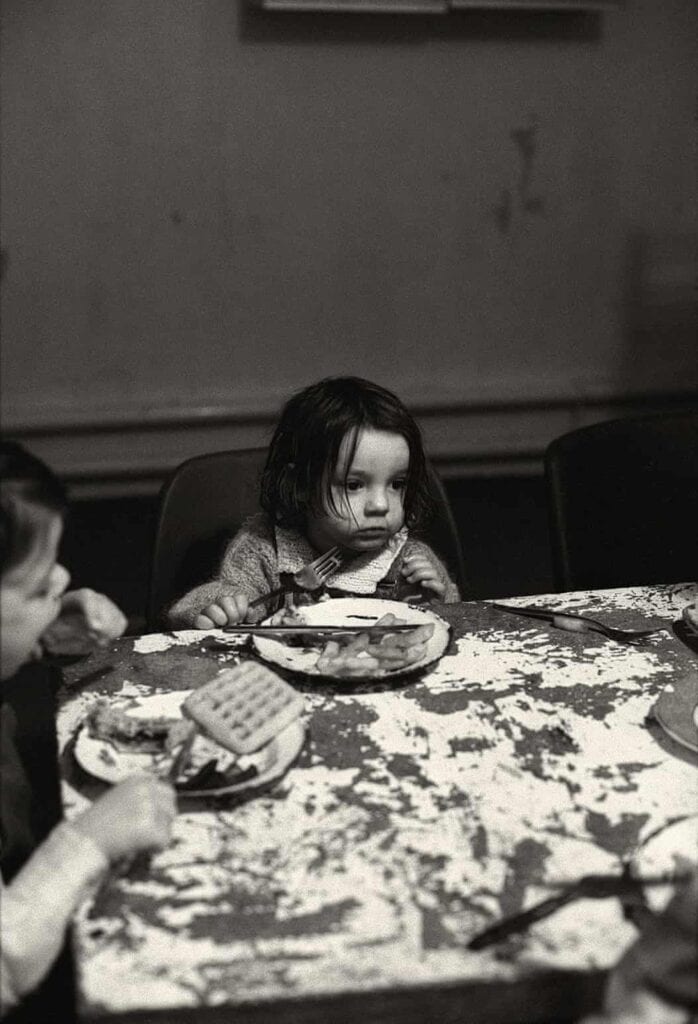
Katrina aged four (1992).
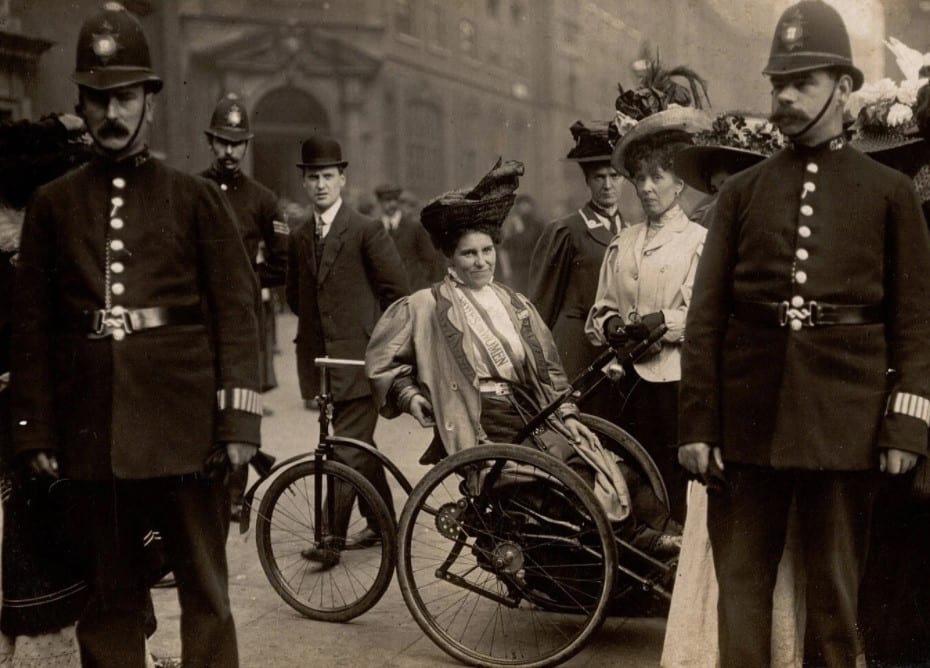
May Billinghurst, center, in 1908. She used a tricycle wheelchair, which she was known to ram into police officers at protests. As a young woman she took up social work, assisting women at a workhouse, an institution for people who could not support themselves.
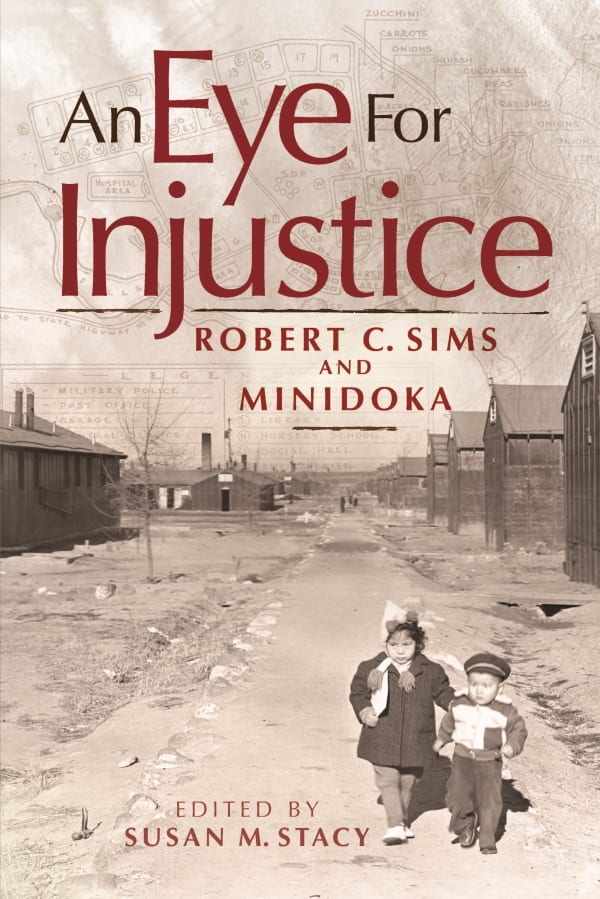
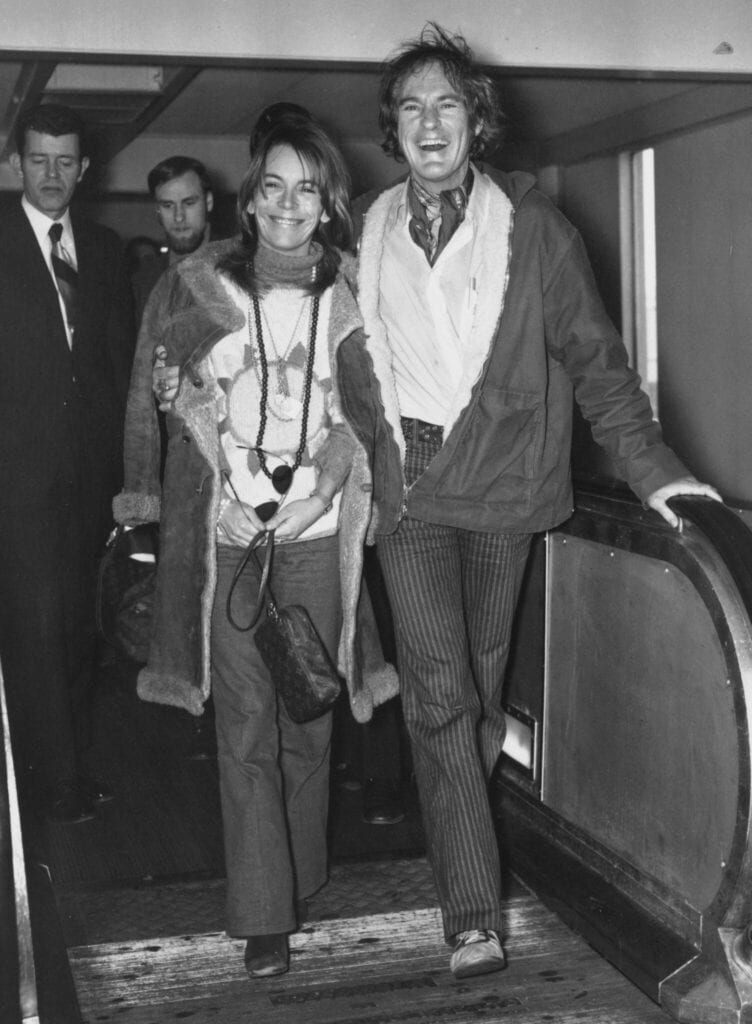


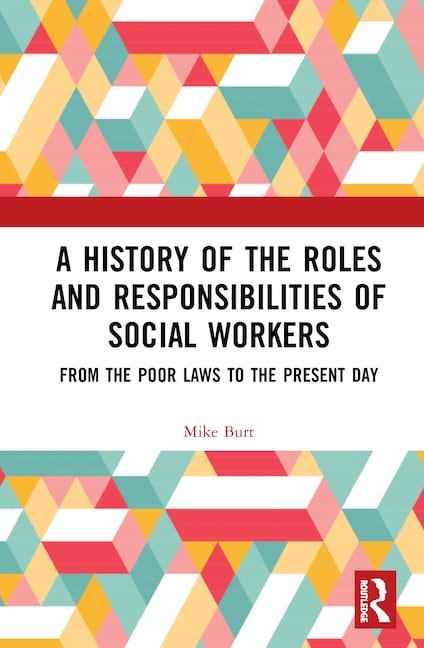
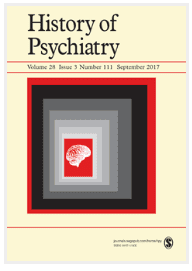

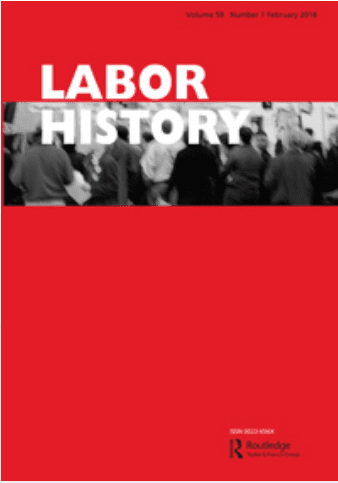


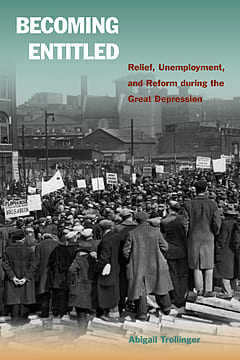
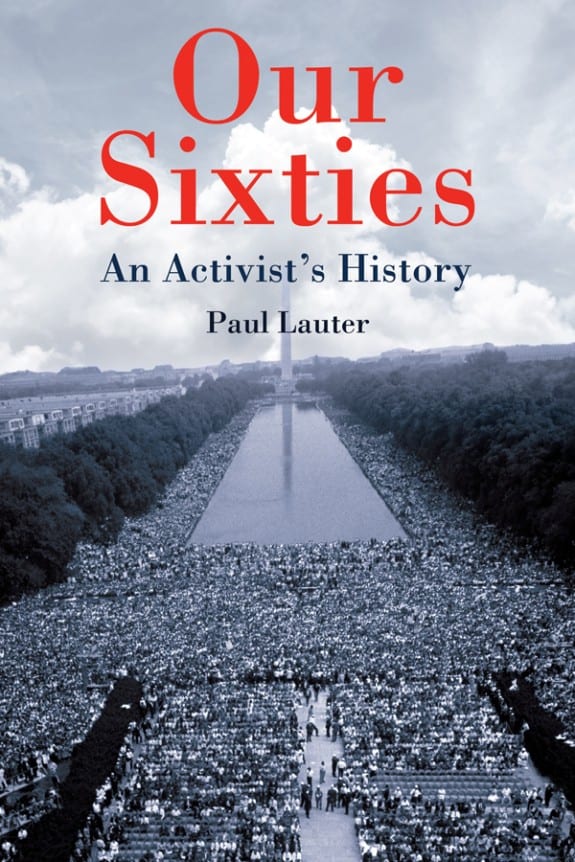




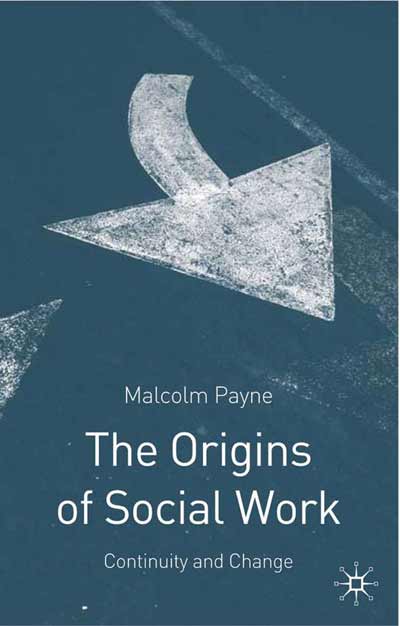

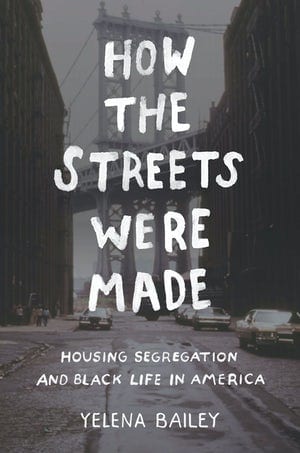

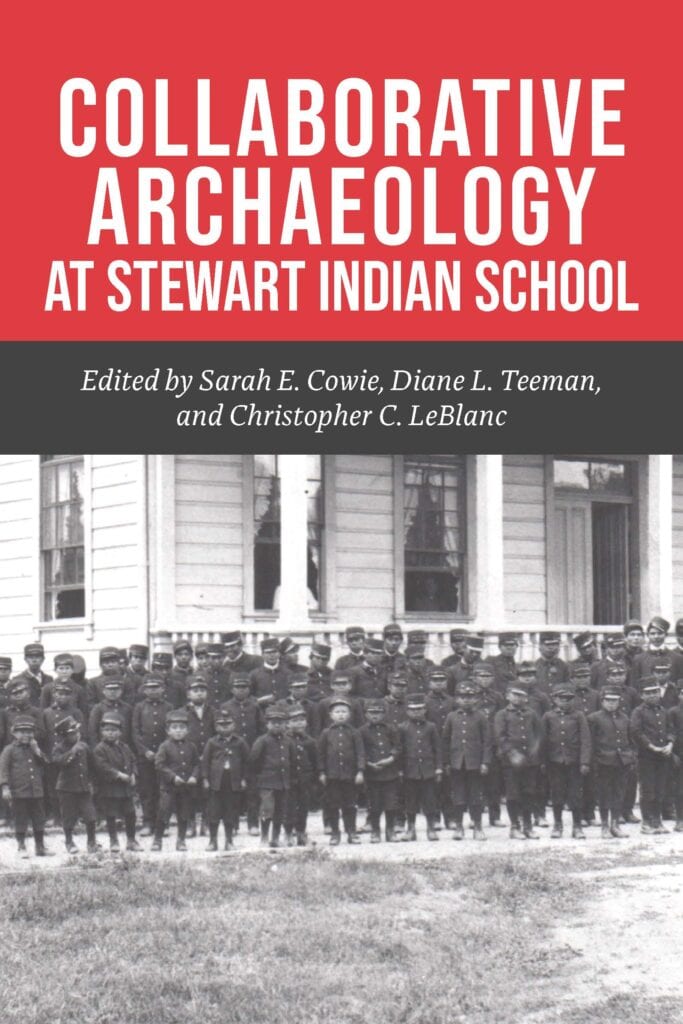
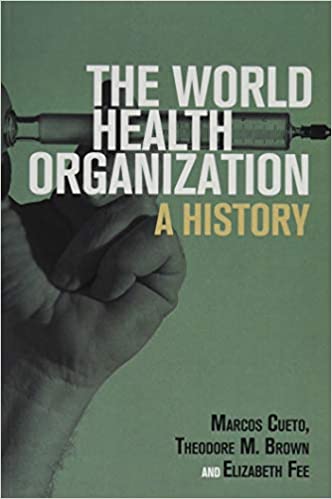



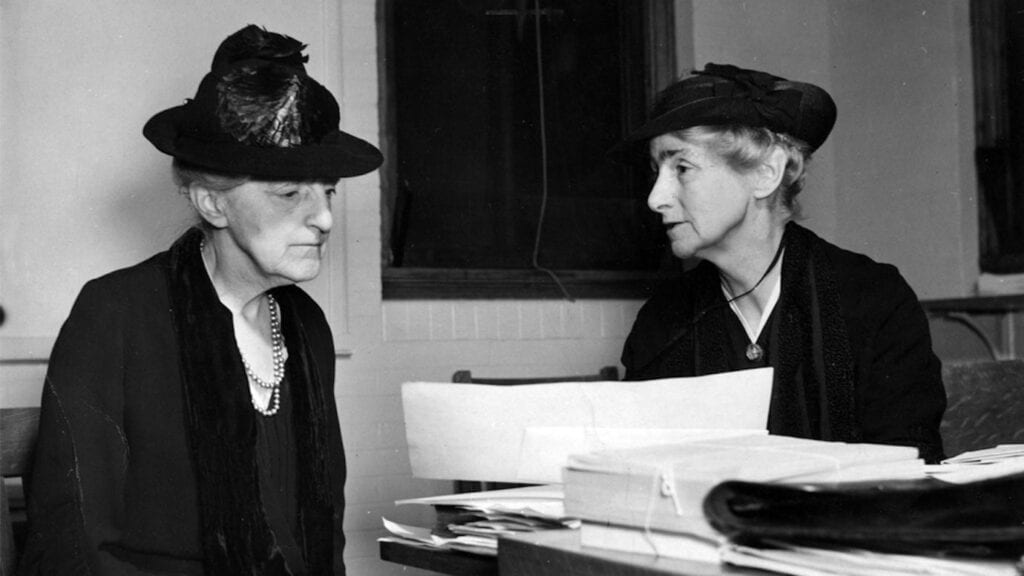
Edith Abbott (right) and Sophonisba Breckinridge (left) founded UChicago’s School of Social Service Administration in 1920.
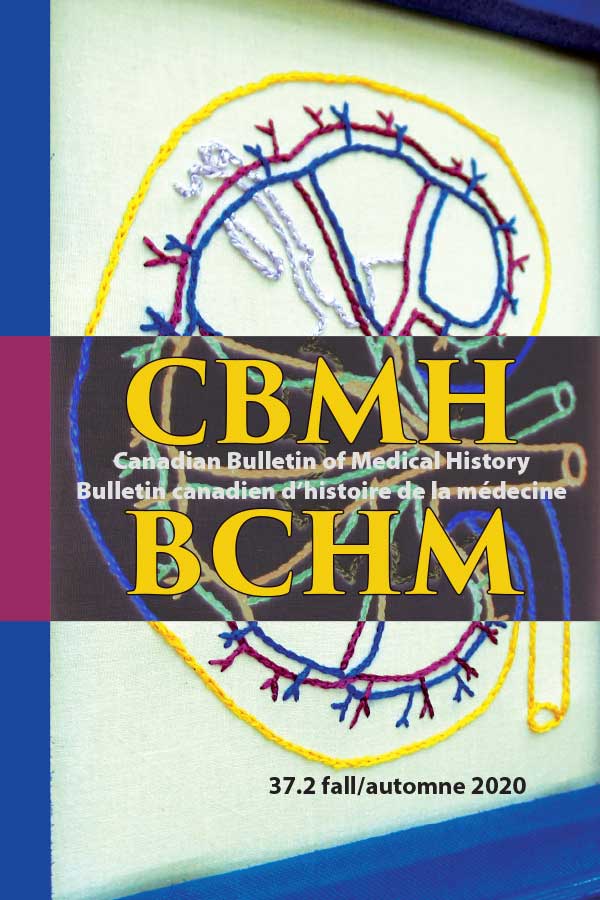
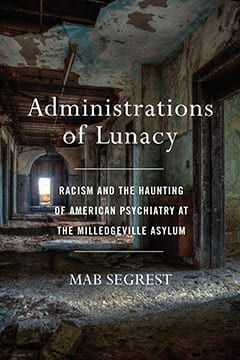
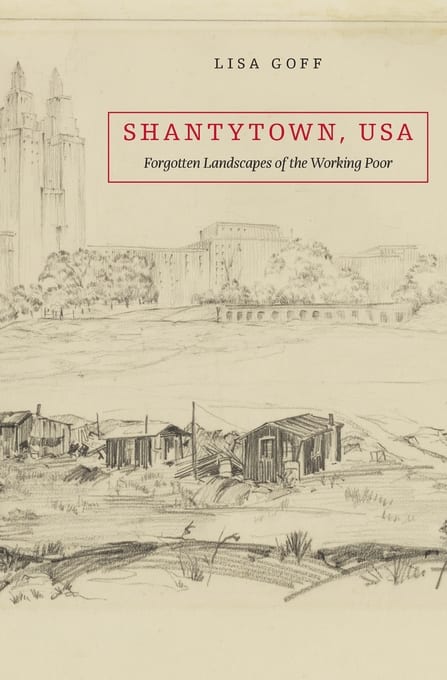

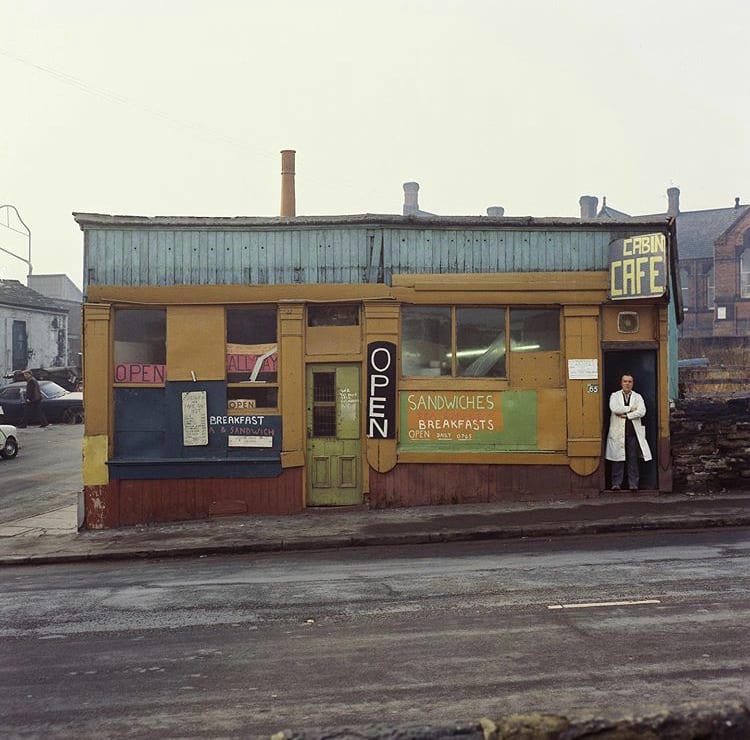
I’ve been a fan of Peter Mitchell since I first set eyes on his photograph of Mr & Mrs Hudson outside their newsagents in Seacroft, Leeds in 1974. A brilliant image that is part of a body of Peter’s work documenting the shops, cafe’s and factories of Leeds from the 1970s onwards.
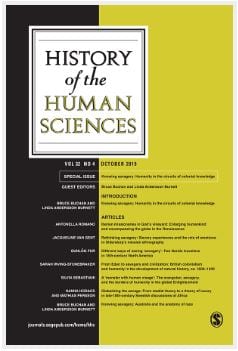
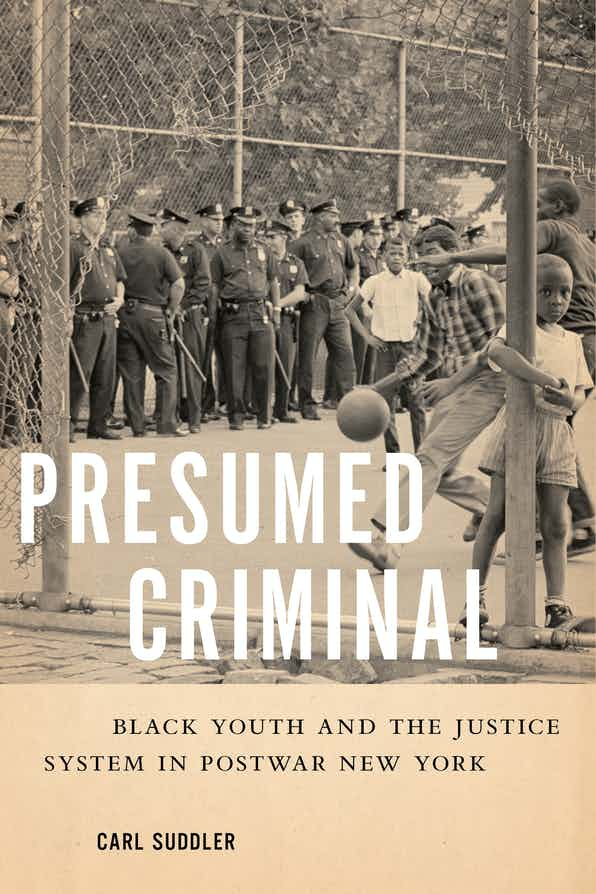
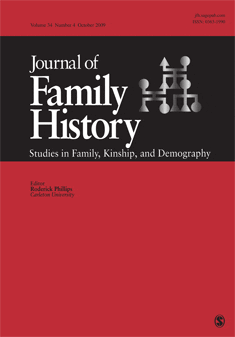
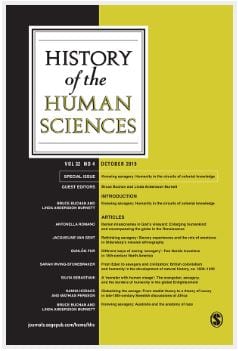
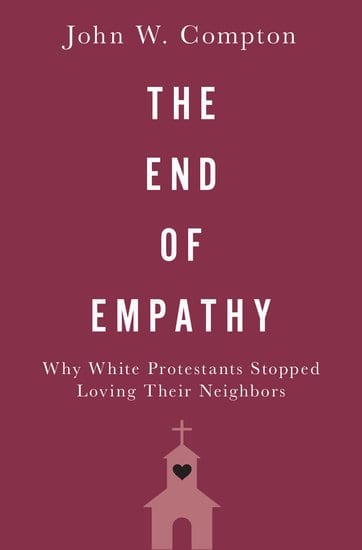

‘Texas tenant farmer in Marysville Migrant Camp during peach season. Sept. 1935 “1927 – made $7000 in cotton, 1928 – broke even, 1929 – went in the hole, 1930 – still deeper, 1931 – lost everything, 1932 – hit the road, 1935 – fruit tramp in California” (Now lives in a homemade trailer)

